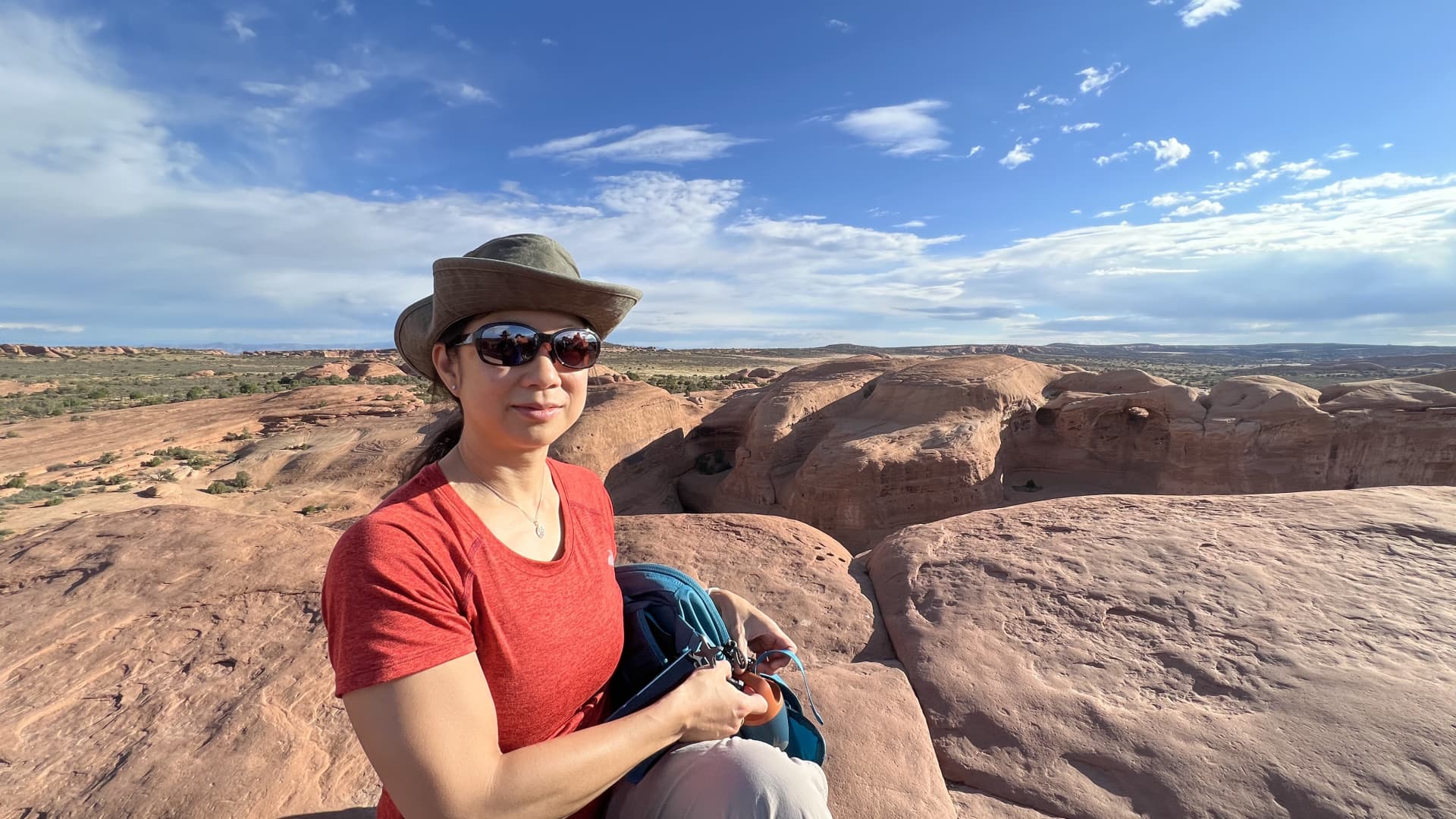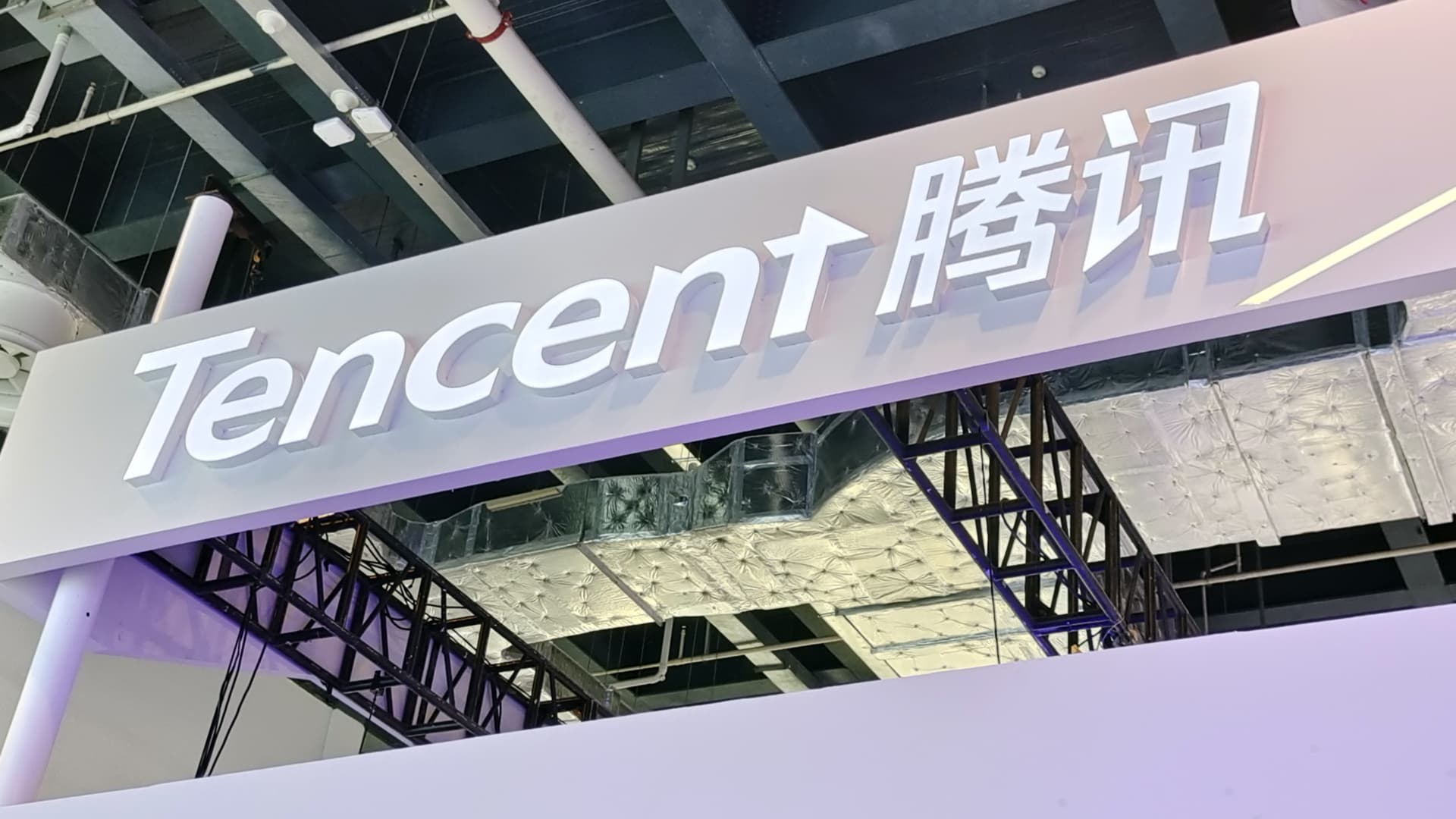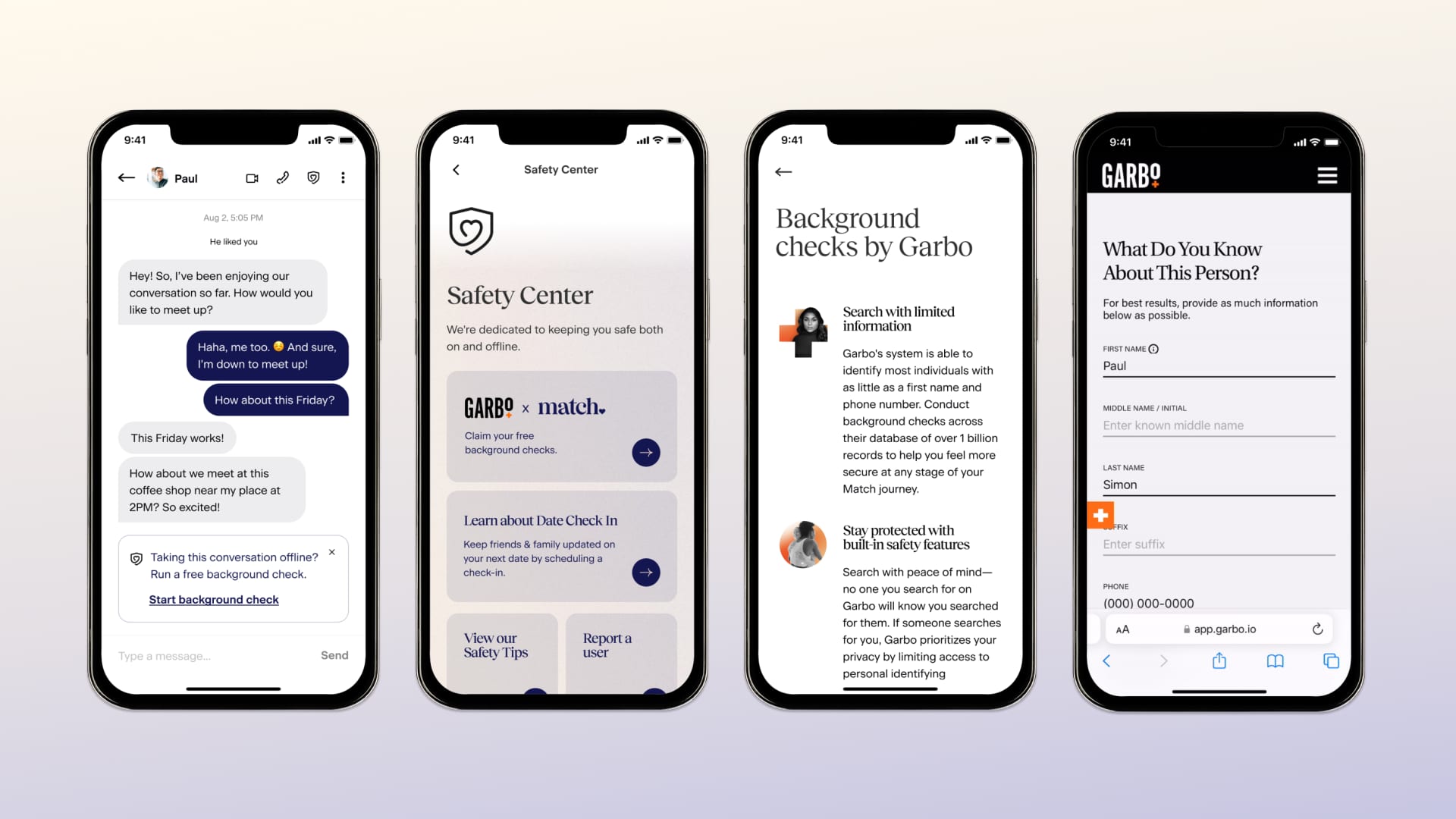Technology
Tuesday, July 26th, 2022 12:28 pm EDT

Tech workers are walking away from high-paying jobs with great perks to help fight what they believe is the greatest existential problem of our lifetimes: climate change.
In some cases, that has meant taking a pay cut. But Sandy Anuras, who recently joined home solar provider Sunrun as its chief technology officer, says a big paycheck sometimes comes with a price.
“The tech giants have had these huge compensation packages. And it’s hard to say no to a huge compensation package,” Anuras told CNBC. “You just realize there’s a little bit more to life than maxing out your comp package. And I think people are realizing that now — and especially with some of the decisions that their companies have made to prioritize profits over democracy, for example.”
Before starting at Sunrun in March, Anuras worked at Expedia for almost three years. She believes traveling is good for society, as people who travel often experience an expanded perspective and greater compassion toward strangers. But helping people book travel efficiently did not give Anuras the internal satisfaction she had when she worked at Blokable, a startup working to make affordable housing readily available.
There’s a little bit more to life than maxing out your comp package. And I think people are realizing that now.Sandy AnurasChief Technology Officer, Sunrun
When Anuras started looking for new jobs, she wrote an “intention document” expressing her desire to work at a mission-first company.
“What bigger problem is there to solve for our generation than climate change?” Anuras found herself thinking. Not only is climate change an existential-level threat to humanity, it is especially dangerous for the poorest communities around the world. “Spending my time in that space is just so important,” she said.
That’s how it was for software engineer Tom Melendez, too. He worked at Google for five years before leaving in 2019 to take a job at MethaneSAT, an affiliate of the nonprofit Environmental Defense Fund, which processes satellite data to measure emissions of methane, an especially potent greenhouse gas.
“I was proud to be at Google. While I was there, especially in the beginning, I enjoyed the work I was doing,” Melendez told CNBC. But eventually he started to feel disenchanted. “At the end of the day, you can’t help but feel like the sole purpose of this is really just to make money. I am not making anything better — or not really. The metrics that I’m rated on are important to the company, but they’re not really important to me.”
He has two kids who are now 12 and 16 years old and he thinks about what he’s leaving the next generation.
“I genuinely am afraid of the world that we’re leaving these folks and what can I do to help? And me pushing bytes around at Google” was not it, he said. Google declined to comment.
Before he was employed at Google, Melendez worked with satellite data at a startup, Skybox Imaging. That experience helped him land his current gig, but he hasn’t always thought of himself as a climate warrior.
“I didn’t necessarily grow up as an environmentalist, or anything like that. I was just trying to live my life,” he told CNBC. He grew up in a working class, politically purple part of Long Island, New York, where his family and friends saw environmental regulations as a nuisance that increases complexity and costs for businesses. Melendez wanted to help give people like his childhood peers the data and tools to process the facts on their own.
“I do feel a need to be able to turn this data into something that everybody can understand and not be so afraid of,” Melendez said. “I’ve put effort into this in my current work of — how to make this consumable to those folks that I grew up with? How do I get them to understand that this is a problem?”
Eventually, it just got to the point where I couldn’t justify to myself why I’m still doing something that isn’t climate.Eugene KirpichovFounder and CEO, Work in Climate
Because he had earned a high Google salary for years and owned his home, he was financially able to take the step-down in pay that came with his move to MethaneSAT. Having a steady housing situation ends up being a key factor in whether people can move to a lower salary in exchange for work they find meaningful.
Helping disgruntled techies make the jump
As more techies consider jumping to careers fighting climate change, resources are popping up to help them make the switch.
For example, since the climate jobs website Climatebase launched in June 2020, more than 600,000 people have used it, poring over more than than 40,000 job listings from more than 3,000 climate tech companies and environmental organizations, according to co-founder Evan Hynes. Climatebase has also had over 3,000 applications for an educational fellowship the company runs. (Disclosure: I was one of the fellows in the founding fellowship earlier in 2022.)
A Slack channel for job seekers called Work In Climate has more than 10,000 members, up more than fourfold in the last year, said the list’s co-founder, Eugene Kirpichov.
Before launching Work In Climate, Kirpichov was employed at Google for eight years, where he worked on big data and machine-learning systems. He liked his job there.
“Academically, it was fascinating, super interesting problems, really great colleagues,” he told CNBC.
Then Kirpichov watched the documentary “An Inconvenient Truth” on a plane flight, and was engrossed enough to watch the sequel, “An Inconvenient Sequel: Truth to Power” on the flight back. He educated himself about the topic further by asking questions of people who knew more about climate change than he did, friends who are environmental scientists and energy scientists, and reading books.
“Eventually, it just got to the point where I couldn’t justify to myself why I’m still doing something that isn’t climate,” Kirpichov told CNBC. “It got me into a pretty anxious and unsettled state.”
Kirpichov decided to leave Google to pursue work full time on climate and he shared the email he wrote to colleagues on LinkedIn:
“The reason I’m leaving is because the scale, urgency and tragedy of climate change are so immense that I can no longer justify to myself working on anything else, no matter how interesting or lucrative, until it’s fixed,” Kirpichov wrote. “I’d be lying if I didn’t say that I think others, who have the privilege of being able to do so, should follow suit. I like to frame the problem positively as ‘how much can we save,’ and every one of us can have a hand in saving something.”
Response to the letter was effusive.
“It turns out that there are just so many people who are in the same boat,” Kirpichov told CNBC. While many people shared a similarly urgent desire to work in climate, they didn’t know what exactly they could do.
“Most people still think that working in climate is calling your representatives and walking around with strongly worded banners,” he said. Hearing the feedback helped Kirpichov realize there was a need to help other people find jobs in the space.
James Newsome, now chief data officer at carbon accounting software company Persefoni, was one of those people who didn’t know whether or how his skill set could translate to a climate job.
“When I was growing up in the ’90s, early 2000s, the only people you saw in climate were these climate scientists with Ph.D.s,” Newsome told CNBC. So when Kentaro Kawamori, co-founder and CEO of Persefoni, approached Newsome and told him about building a climate disclosure SaaS platform, Newsome’s response was: “Well, I think it’s awesome. But I’m not a climate scientist.”
Kawamori told him, “This is a data problem that we’re solving.”
And Newsome definitely knows data.
“Back in 2006, I just wanted to trade stocks. Warren Buffett was somebody I admired,” Newsome told CNBC. He started reading about people who use quantitative analysis to trade stocks, “with some magical algorithm” and was sure that he was onto the wave of the future. He had graduated with a masters in accounting from the University of Phoenix but started studying statistics, mathematics and computer science on his own time. He worked at Insight, an IT services and consulting company, for six years and ended up running the business intelligence group there, which included both data science and data engineering.
“I definitely enjoyed it,” Newsome said, but after a while he started to lose his passion for the work. “You kind of start feeling like a factory,.”
Now, working at Persefoni gives Newsome a newfound sense of purpose, letting him align his personal values with his work values.
As an executive responsible for hiring and inspiring, he’s found a lot of other tech workers craving the same kind of change. Since starting with Persefoni in 2020, Newsome has hired about 40 engineers, and he’s been able to compete for talent with the top tech companies.
“This is a wildly sought after skill set. You have Google, Amazon paying people $300,000 a year,” Newsome said.
‘There’s starting to be almost a playbook now’
That kind of skill set translation brought Brian Lafayette to Overstory, a tech startup that uses satellite data to monitor vegetation growth. Overstory’s technology is used by the Rainforest Alliance to monitor forest growth and utility companies concerned about electric wires running through dry leaves and causing wildfires.
Lafayette grew up in Burlington, Vermont, with a forest in the backyard, a lake at the bottom of the street and not a whole lot of big business around. His goal, however, was to work for the kind of business that changes the way people live and work.
“Doesn’t everybody want to work in tech?” he asked a bit rhetorically, in a conversation with CNBC. So after working in management consulting, he landed a job at event planning platform Meetup in 2014.
There, he climbed the ranks from running the data analysis and strategy team to becoming the vice president of revenue, where he was part of the team that helped sell the company to WeWork. But as WeWork started imploding, Meetup (among many other divisions of the company) had to lay off significant portions of the staff.
Those kind of layoffs create a “massive hit” to morale. “It just feels terrible,” Lafayette told CNBC.
He knew it was time to move jobs.
There’s just no bigger problem in the world than climate change. It’s the defining problem of our generation.Brian LafayetteHead of business strategy, Overstory
One thing that Lafayette learned at Meetup was the joy of working for a company that makes the world better in some way — in that case, helping people find community was a way to help make people happier.
“I couldn’t go work for a startup that was building something in the marketing stack. I can’t get excited about that,” Lafayette said.
When he stepped back to assess his next step, he had the same realization as many others who have made the jump: “There’s just no bigger problem in the world than climate change,” he told CNBC. “It’s existential.”
When he was ready to make the move to a climate startup, Lafayette reached out to a friend in his network who had previously made a similar transition.
“There’s starting to be almost a playbook now,” Lafayette said. “I talked to somebody who had already done it before, she helped me and showed me all the different resources that were available.” His friend also talked him out of going back to school before making the switch. Instead, Lafayette primed himself for the transition by taking a climate boot camp course, Terra.do, and listened to “My Climate Journey,” a popular podcast.
Now, Lafayette is the head of business strategy at Overstory. While the work is different, Lafayette found his previous employment experience set him up to be successful at Overstory.
“It’s still the same thing. It’s just business, it’s just with a different focus,” Lafayette said. “All the same skills are needed.”
Having the opportunity to develop this kind of skill set in the first place is a privilege, according to Sunrun’s Anuras.
“I was thinking about my family, being from Thailand and Southeast Asia. We know Southeast Asia is going to get hit really hard with climate change. And so I’m really thinking a lot about folks who don’t have the privilege that I have, where I can say, ‘Oh, I’m going to be in Seattle, where it is so cool and climate change is not impacting us in such a severe way,'” Anuras told CNBC.
“As a privileged technologist, where should I be spending my life?” Anuras said. As she realized that Anuras realized she can use her skills to combat climate change, the answers to her own questions became increasingly clear.
“What problems do I want to look back and say I helped solve: One of the greatest problems humanity has faced, or I worked on selling some widgets in the metaverse? It just didn’t compute for me.”
This post has been syndicated from a third-party source. View the original article here.




